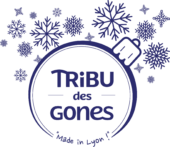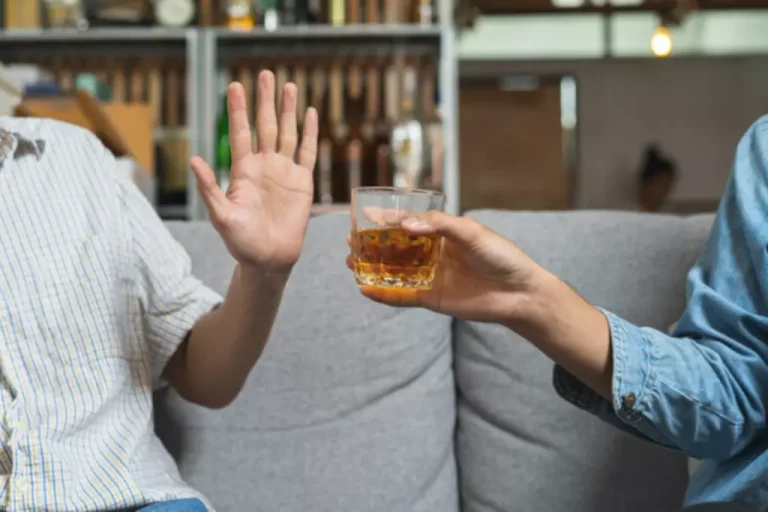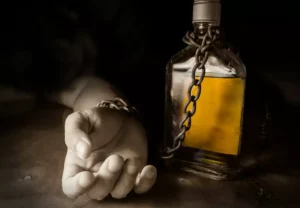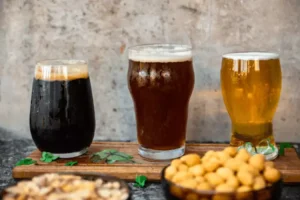
How honest should a person be without jeopardizing his or her work or relationships? Clients are encouraged to understand the concept of a recovery circle. This is a group of people that includes family, doctors, counselors, self-help groups, and sponsors. Individuals are encouraged to be completely honest within their recovery circle. As clients feel more comfortable, they may choose to expand the size of their circle.
Individualized, evidence based treatment, to fit your needs.
- Having a solid strategy prepared for discharge from a treatment program is key to navigating obstacles that can sabotage the newly sober.
- It is generally felt that big changes should be avoided in the first year until individuals have enough perspective to see their role, if any, in these issues and to not focus entirely on others.
- The goal of treatment is to help individuals recognize the early warning signs of relapse and develop coping skills to prevent relapse early in the process.
When you are exposed to a potential trigger, the cravings will pass within a few hours if you resist the urge to relapse. Having a plan to get through times when your cravings are triggered will be very helpful in avoiding a relapse. If you are starting to consider relapse, you may find that you are exposing yourself to possible triggers, even subconsciously.
Types of Personality Disorders: A Comprehensive Guide to Personality Disorders and Treatment Options
Following these healthy habits will help you feel better and more in control of your life. Relapse means going back to using after you’ve been abstinent for some time. The National Institute on Drug Abuse estimates that 40 to 60 percent of people who were once addicted to drugs will eventually relapse. Friends, acquaintances, or social circles that engage in substance use can pose a significant risk. The fear of missing out and the pressure from peers may tempt individuals to revert to their old habits.
Coping With Triggers
The period of addiction recovery that takes place after completing a treatment program requires the ability to identify addiction triggers and use healthy coping skills to deal with them. How you manage addiction triggers determines the effectiveness of relapse prevention. When individuals types of relapse triggers continue to refer to their using days as “fun,” they continue to downplay the negative consequences of addiction. Expectancy theory has shown that when people expect to have fun, they usually do, and when they expect that something will not be fun, it usually isn’t [15].
Good treatment programs recognize the relapse process and teach people workable exit strategies from such experiences. It is important to know that relapse does not represent a moral weakness. It reflects the difficulty of resisting a return to substance use in response to what may be intense cravings but before new coping strategies have been learned and new routines have been established. For that reason, some experts prefer not to use the term “relapse” but to use more morally neutral terms such as “resumed” use or a “recurrence” of symptoms. When people in recovery succumb to triggers, their brains create reasons to use substances despite knowing that they must remain abstinent.
This section explores the signs and symptoms that indicate the onset of physical relapse, as well as the essential steps to avoid falling back into old habits. Brace yourself as we uncover the potential pitfalls and learn about the proactive measures that can help individuals navigate this challenging stage with resilience and determination. The first stage of relapse is emotional relapse, characterized by the neglect of self-care, emotional suppression, and bottling up of emotions. It is important to recognize the signs of emotional relapses, such as isolating oneself, anger, anxiety, and mood swings. Coping strategies for emotional relapse will also be discussed to help individuals effectively manage their emotions and prevent further progression. Remember, developing an effective relapse prevention plan requires dedication, self-awareness, and a commitment to personal growth.
Learning to recognize triggers, getting help from a counselor, and building a support network are all useful tools in preventing a relapse. Do everything you can to protect yourself, but don’t beat yourself up if you do slip. It is important to learn how to be comfortable with uncomfortable feelings https://ecosoberhouse.com/ and emotions. Realize negative feelings don’t have to be a sign of an impending setback. One way to prevent stress from triggering you is to evaluate your stress levels. Although you can’t eliminate everything and everyone from your life, you can avoid situations that cause you extreme stress.
It’s not just negative events that can result in addiction relapse triggers. Getting a new job or earning a promotion can trigger a relapse in a couple of different ways. For one, you might be tempted to use again “just this once” as a means of celebrating. When you see a doctor or mental health specialist, let them know that you are in recovery. Insisting on non-addictive prescriptions and alternatives to medication can help eliminate a potential source of triggers. The path to sobriety is a long and difficult journey, and the process is different for everyone.
- Attending or resuming attending meetings of some form of mutual support group can be extremely valuable immediately after a lapse or relapse.
- Long-term sobriety is possible and starts with taking that first step.
- It addresses negative thinking patterns such as all-or-nothing thinking, disqualifying the positives, catastrophizing, and negatively self-labeling.
- Most relapse prevention strategies focus on building cognitive-behavioral skills and coping responses.
The stressed rats’ responses to the trigger mirrored those of people during relapse. While holidays are a time of celebration for some, they may be a struggle for people in recovery. Family and friends often tempt those in recovery to consume alcohol because they are under the misconception that one deviation from the treatment plan will not be detrimental. Events, specific people (such as friends who are also using), and certain places can put you at a higher risk of relapsing.




